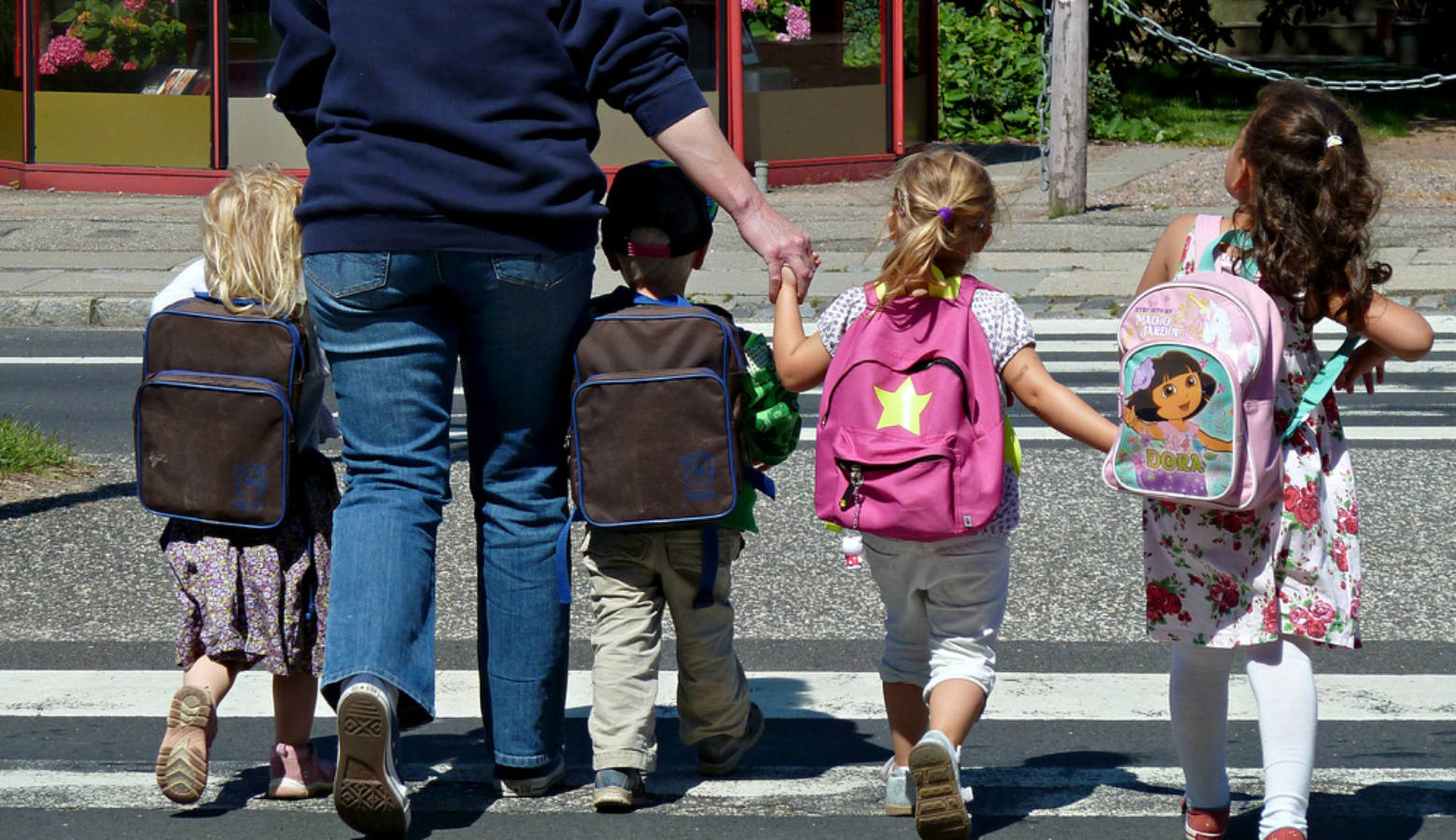State Pre-K Pilot Expansion Includes Delaware, Grant, and Madison Counties

The state’s pre-kindergarten pilot program is expanding to 15 new counties, including three in the IPR listening area. As IPR’s Stephanie Wiechmann reports, more families will be able to use state funds to prepare young children for school success.
Indiana’s first pre-kindergarten pilot included five counties – some urban and some considered “rural” by the state. During the 2018-2019 school year, low-income families in 15 more “rural” counties will be able to apply for voucher benefits to pay for their 4-year-old children to attend preschool.
In the IPR area, that includes families in Delaware, Grant, and Madison counties.
Carrie Bale leads By5 Early Childhood Initiative in Delaware County. She says the county applied to be one of the original five counties in the state pilot and is glad to be selected for the expansion.
“We are fortunate that our early childhood community has really stepped up significantly and risen the quality of their own programming.”
For families to use state money to send their children to preschool, they must choose a provider who has reached a level 3 or 4 in a state accreditation system. Bale says in Delaware County, there are spots for about 150 kids at current providers. And she says more programs are working on becoming level 3 and 4 providers now.
According to numbers from the Family and Social Services Administration, about 6,700 4-year-olds in the new 15 counties will be eligible for the pre-k benefits. But Bale says a new requirement to participate may make it hard for some families to take advantage.
“In the first round three years ago in the five original counties, it was an income qualifier – and that was the only qualifier,” Bale says. “With this new round coming out, it’s an income qualifier of 127 percent of poverty, plus the parents have to be working or going to school. That’s going to be our challenge.”
And the early learning advocate hopes that in the next two or four years the state will roll out a full 92-county preschool effort for qualifying families.
